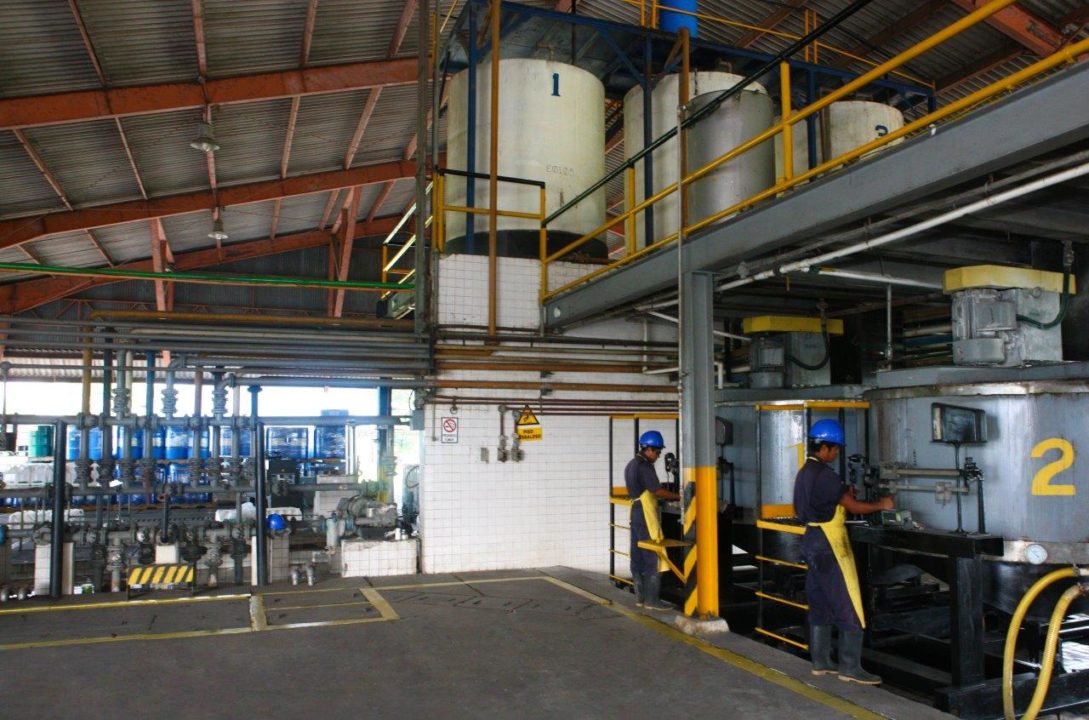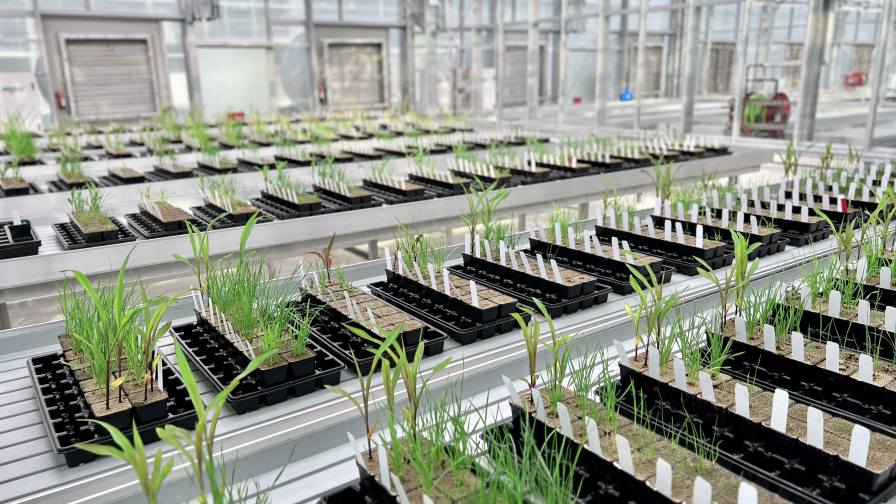Optimism A Worldwide Resolution For 2009
I’m exhausted from wincing at the morning headlines and mid-day stock market numbers. We could all use a little more good news in our lives. Maybe that’s why world stock markets opened strong this year, despite the same financial news that threw global markets into a tailspin during 2008’s fourth quarter.
Asian stock markets ended 2008 with dismal results. Tokyo’s Nikkei 225 index fell 42% for the year; Korea’s Kospi index fell more than 40%, and Hong Kong’s Hang Seng composite closed 48% lower than it began the year.
Moreover, the Shanghai composite, which was the best-performing index in 2007, fell a regrettable 65.4% in 2008. Comparably, New York’s S&P 500 fell more than 40% as well, an occurrence that hadn’t happened since America’s Great Depression in the 1930s.
As if these year-end statistics weren’t enough to tempt you to drink a pint of paraquat, Singapore predicted Jan. 2 that its economic recession would be the worst that it has experienced in 50 years after it reported a 2.6% drop in December’s gross domestic product. Then, China reported a couple days later that its manufacturing sector continued to contract in December, albeit at a slightly slower pace than the previous month, indicating a rise in new orders.
So here’s the good news: Global stock markets are on the rise this year despite these reports. The same reports that threw markets into the most widespread hyper-reactionary sell-off in history have somehow comforted traders into buying deeply discounted stocks. I guess investors are tired of all the bad news, too.
For agriculture, that means that investment money will continue to leave the commodities markets in search of rewards from buying embattled shares from various companies. That traditional investment strategy will result in more stability in commodities in 2009, and more predictability in the buying habits of growers.
Petrochemicals and light crude will stabilize a bit in 2009, and so will grain prices. That predictability will entice growers to invest into more crop protection products because they won’t be so worried about wild downturns in crop prices that might make their inputs unprofitable.
Just like investors who make the financial news and the guys like you and me who follow it, growers are looking reasons to be optimistic, and I predict they’ll find them.
Send me your thoughts at [email protected].






